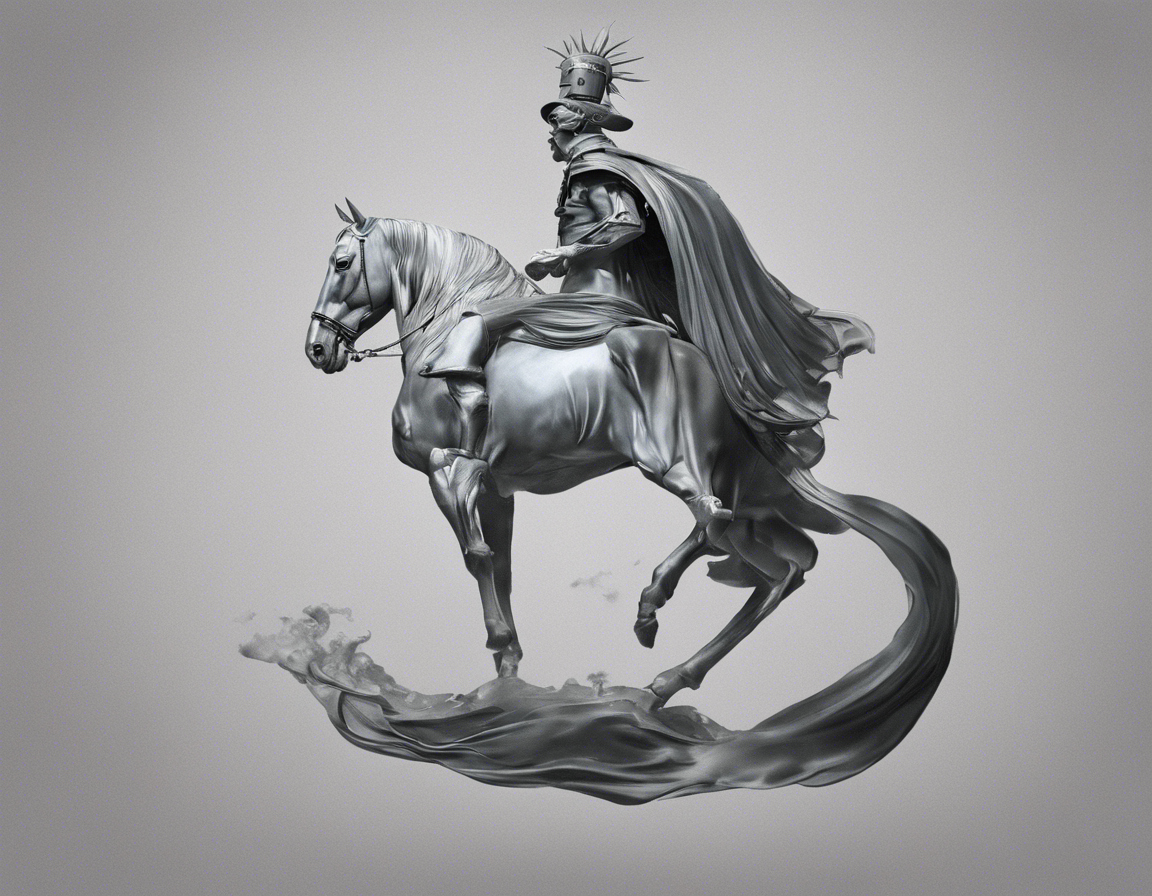Horse ownership is a fulfilling experience that comes with its fair share of responsibilities. One common issue that horse owners may encounter is stallion manure leaks, which can not only be a nuisance but also pose health risks to the horse and the environment. Stallion manure leaks can result from various factors, including poor stall management, improper diet, underlying health issues, or behavioral problems. Fortunately, with the right preventive measures and proper care, horse owners can effectively manage and prevent stallion manure leaks. In this comprehensive guide, we will discuss tips for preventing stallion manure leaks to ensure a clean and healthy environment for both your horse and yourself.
Importance of Preventing Stallion Manure Leaks
Before delving into the preventive measures, it is essential to understand the significance of preventing stallion manure leaks. Stallion manure leaks not only create unsanitary conditions in the barn or stable but can also lead to health issues for the horse, such as skin irritation, hoof problems, or respiratory ailments. Furthermore, the presence of manure leaks can attract flies and other pests, increasing the risk of infestations and diseases. By implementing preventive strategies, horse owners can maintain a hygienic living environment for their horses, reduce the risk of illnesses, and promote overall well-being.
Tips for Preventing Stallion Manure Leaks
Proper Stall Management
1. Regular Cleaning: One of the fundamental steps in preventing stallion manure leaks is to establish a routine cleaning schedule for the stalls. Remove manure and wet bedding daily to maintain cleanliness and prevent the accumulation of waste.
2. Bedding Selection: Choose high-quality, absorbent bedding materials that help to control moisture and odor. Good options include straw, shavings, or pelleted bedding.
3. Adequate Ventilation: Ensure proper ventilation in the barn or stable to reduce moisture levels and prevent the buildup of ammonia, which can contribute to manure leaks.
Balanced Diet and Hydration
1. Optimal Nutrition: Provide your horse with a balanced diet that meets its nutritional needs. Consult with a veterinarian or equine nutritionist to ensure that the diet is appropriate for your horse’s age, weight, and activity level.
2. Adequate Hydration: Ensure that your horse has access to clean, fresh water at all times. Proper hydration is essential for maintaining healthy digestion and preventing gastrointestinal issues that can lead to manure leaks.
Regular Exercise and Turnout
1. Daily Exercise: Incorporate regular exercise routines into your horse’s schedule to promote physical fitness and digestive health. Exercise can help prevent constipation and other gastrointestinal problems that may contribute to manure leaks.
2. Turnout Time: Allow your horse ample turnout time in a pasture or paddock for grazing and movement. The combination of exercise and access to fresh forage can support healthy digestion and bowel movements.
Monitoring Health and Behavior
1. Regular Veterinary Check-ups: Schedule routine veterinary examinations to monitor your horse’s health and address any underlying medical conditions that could contribute to manure leaks, such as digestive disorders or parasites.
2. Behavioral Observation: Pay attention to your horse’s behavior and body language. Changes in eating habits, stool consistency, or posture may indicate potential health issues that require attention.
Proper Waste Management
1. Manure Disposal: Implement a proper manure disposal system to remove waste from the barn or stable regularly. Consider composting manure to recycle nutrients and reduce environmental impact.
2. Drainage Maintenance: Ensure that the barn or stable has adequate drainage systems to prevent water accumulation, which can mix with manure and create leaks.
Frequently Asked Questions (FAQs)
Q1: What are the common causes of stallion manure leaks in horses?
A1: Stallion manure leaks in horses can be caused by various factors, including improper diet, lack of exercise, digestive disorders, poor stall management, or underlying health issues.
Q2: How often should I clean my horse’s stall to prevent manure leaks?
A2: It is recommended to clean your horse’s stall daily to remove manure and wet bedding, which helps maintain a clean and hygienic environment for your horse.
Q3: Can a horse’s diet impact the occurrence of manure leaks?
A3: Yes, a horse’s diet plays a significant role in its digestive health. Providing a balanced diet with adequate fiber and hydration can help prevent gastrointestinal issues that may lead to manure leaks.
Q4: What should I do if I notice signs of manure leaks in my horse’s stall?
A4: If you observe signs of manure leaks, such as wet spots, odors, or changes in stool consistency, investigate the underlying cause. Consult with a veterinarian to address any potential health issues or management practices.
Q5: How can I promote healthy digestion in my horse to prevent manure leaks?
A5: To promote healthy digestion in your horse, ensure access to fresh water at all times, provide a balanced diet, incorporate regular exercise, and allow for ample turnout time for grazing and movement.
In conclusion, preventing stallion manure leaks requires a holistic approach that encompasses proper stall management, balanced nutrition, regular exercise, health monitoring, and waste management practices. By implementing the tips outlined in this guide and staying proactive in caring for your horse, you can create a clean and healthy environment that promotes your horse’s well-being and longevity. Remember, proactive prevention is key to avoiding the challenges associated with stallion manure leaks and ensuring a harmonious relationship between you and your equine companion.
